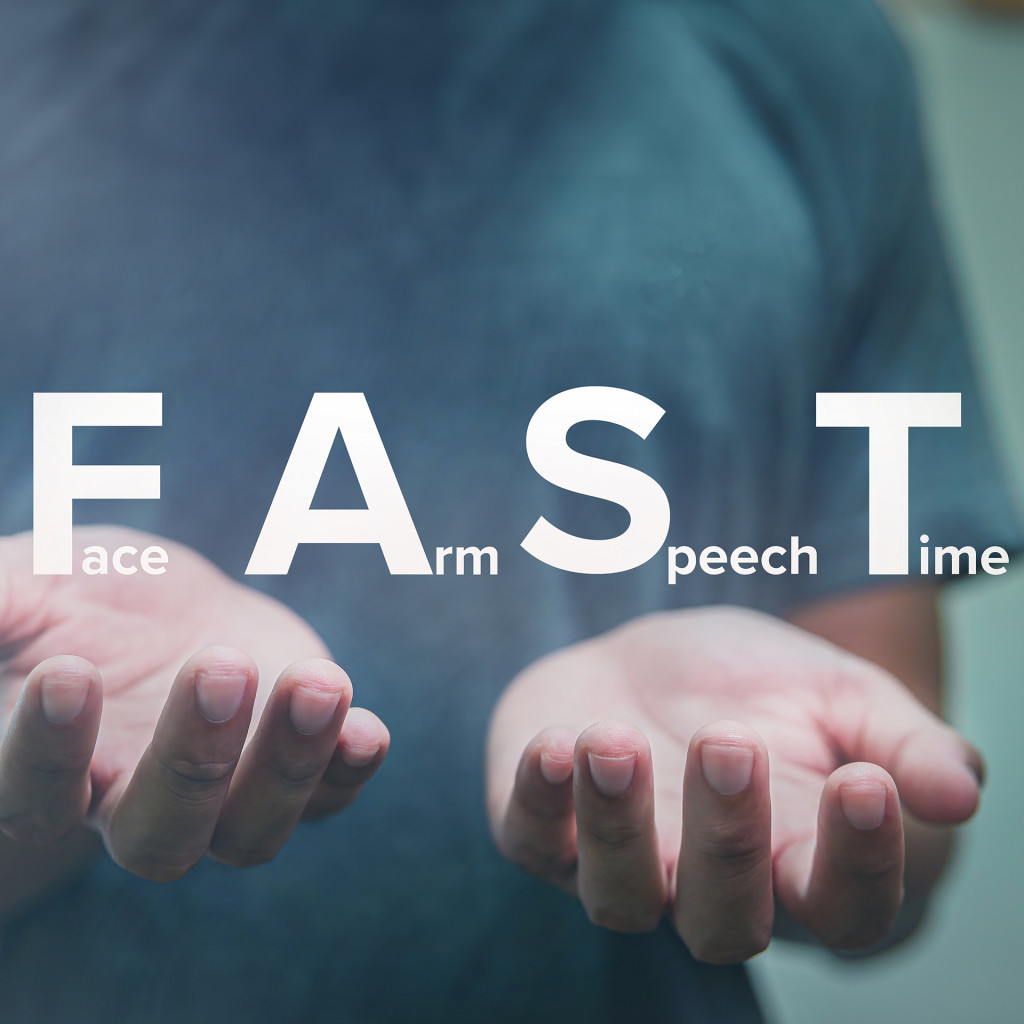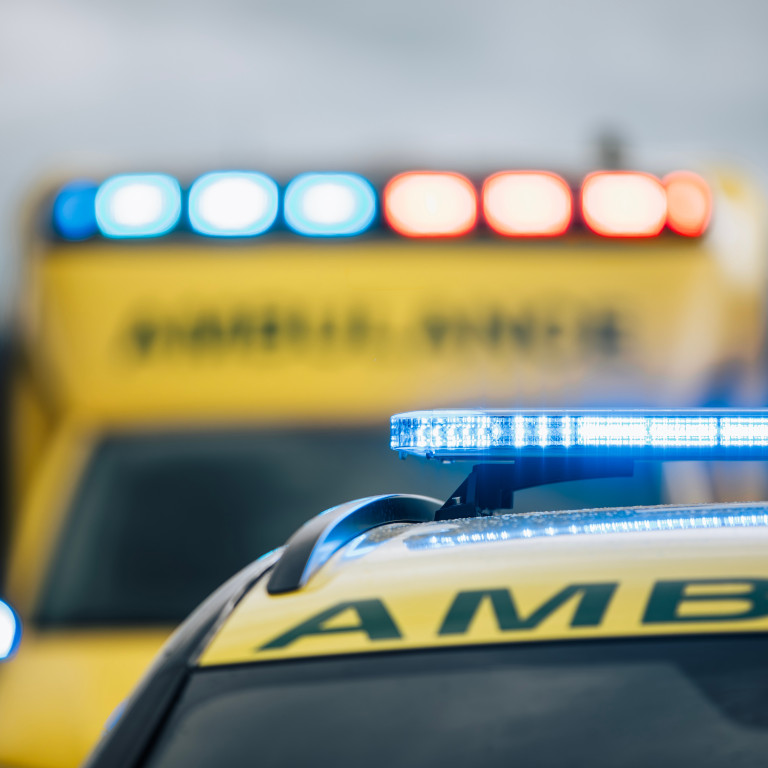The Tozer’s Medical Negligence team act for families affected by stroke and want to raise the importance of the signs and symptoms of strokes across the UK. A stroke happens when the blood supply cannot reach parts of the brain, and rapid medical treatment must be sought, early diagnosis reached, and prompt medical attention is obtained.
There is a misconception that this medical emergency tends to be in older patients. 1 in 4 strokes happen to those of working age and strokes also happen to babies in the womb and children.
Strokes can be life-changing and can happen to anyone at any age – nobody is too young to suffer a stroke.
Childhood Strokes
This certainly was the perception of Rachel from Essex, who shared her story with the BBC: 'My son had a stroke when he was 12 minutes old' - BBC News.
Rachel explained that when her little boy, Austin, was just 12 minutes old, it was clear that he was acutely unwell. Following a transfer to Luton & Dunstable University Hospital, and after CT imaging and testing, Rachel was told that Austin had suffered a stroke and that there was a significant risk that he would suffer from epilepsy.
Rachel explained that she did not know that babies could have strokes. Her grandfather had suffered a stroke, and so associated this with older people. Whilst she was utterly shocked, it is estimated by the Stroke Association that around 400 children are diagnosed with a stroke every year in the UK.
Austin is now 6 years old, and Rachel explained to the BBC that they had no idea about the impact that the neonatal stroke would have on her little boy. The stroke affected Austin’s ability to walk, talk, and use his arm and his hand, alongside developmental delays.
The BBC also spoke to Elsie, who whilst giving her 2-year-old toddler, Carter, a bath, noticed a sudden drop on the right-hand side of his face. Quick thinking Elsie immediately identified the signs of a stroke from the Act FAST advertising campaign, and thankfully immediately rang 999.
Elsie was told that Carter had suffered a rare form of stroke, and he was placed in a medically induced coma, and she was told to prepare for the worst. My daughter suffered a traumatic brain injury at 3 years old, and I vividly remember having a similarly terrifying conversation with her neurosurgeon. Waiting whilst not knowing if your child is going to survive, or what potentially life changing injuries they may be left with, is indescribable.
Little Carter thankfully survived his stroke, but he had to learn to eat, speak and move again. Not knowing who is going to be returned to you is something that resonates very strongly with me, as Elsie explained to the BBC:
“You are really grateful that your child is there and also grieving them at the same time. Because although you're looking at the person who's always been your child, they've completely changed, at least in that first instance. Nothing of him was there to start with.
I was missing him while holding him at the same time."
Thankfully, Elsie shared that Carter is doing very well, but both she and Rachel are championing for the introduction of the Children’s Stroke Register.
Children’s Stroke Register
Stuart Cooper, from the Stroke Association, told the BBC:
"At the moment, awareness of and research into childhood stroke is really low. This means that on the rare occasions when babies and children have a stroke, it is taking too long to get a diagnosis and treatment for them.
"We want to see better recording of data around stroke in children and babies. We believe this would greatly help to inform research and improve the standards of care for these children, as well as give us valuable insight into who childhood stroke most often happens to and start answering questions about why.”
This is endorsed by Dr Shakti Agrawal, a consultant paediatric neurologist from Birmingham Children’s Hospital, who is taking the lead in developing a stroke service for children in the West Midlands. He told the BBC that the need for a UK registry was “absolutely critical”.
A registry does exist for strokes in adults in the UK, but not yet for children.
Dr Agrawal said having a national database with the risk factors leading to strokes in children would open doors to research and treatments and help develop health policies.
The Stroke Association explain that there is currently no funding for a childhood stroke registry, but with more than 100,000 people in the UK having a stroke every year, it seems sensible that research includes capturing both adult and childhood data.
How can we help
We act for babies, children and adults affected by strokes, as well as those affected by other avoidable brain injury.
If you believe you or a family member have been affected by medical negligence, contact our specialist medical negligence lawyers, we will help you to recover appropriate compensation and secure your future.
Contact our legal experts
Further support
If you or a family member needs support please contact these organisations:
Stroke Association
https://www.stroke.org.uk/stroke/childhood/getting-support
Brainwave
Cerebra





